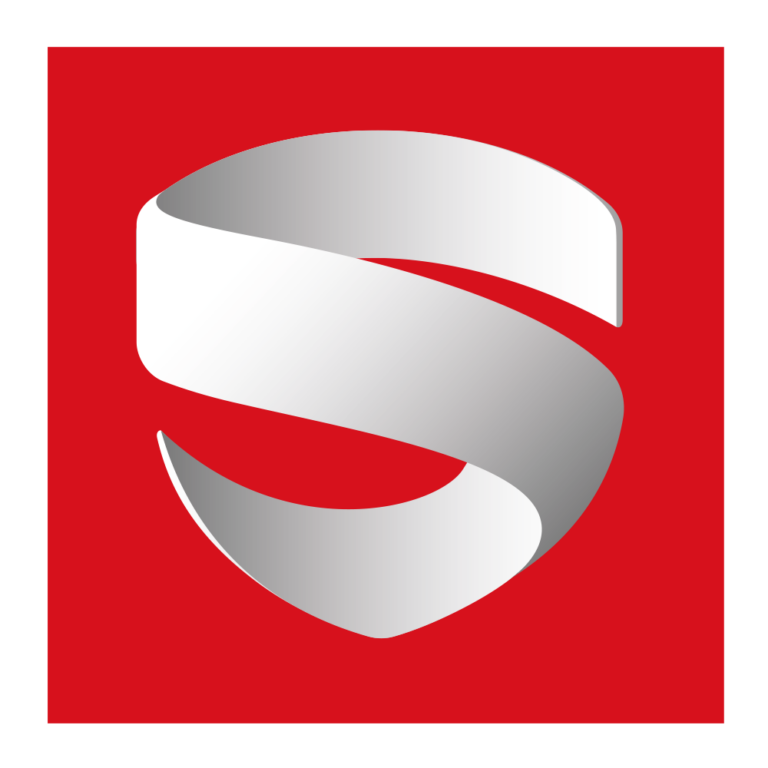Home / What we do / Competences / Product Lifecycle Management
Product Lifecycle Management
We optimize all stages of the product management process.
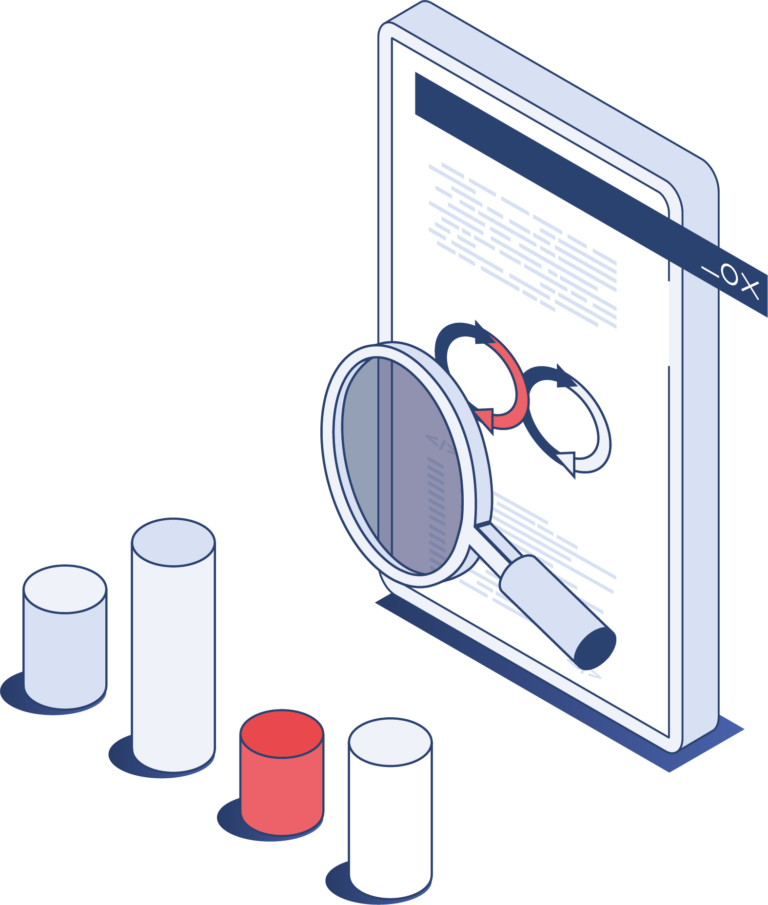
Il Product Lifecycle Management (PLM)
Product Lifecycle Management (PLM) is a tool that allows you to manage all product-related information: its development, industrialization, production start-up, including supply chain elements, for an adequate exchange of information with suppliers involved in the production process.
Our value propotition:
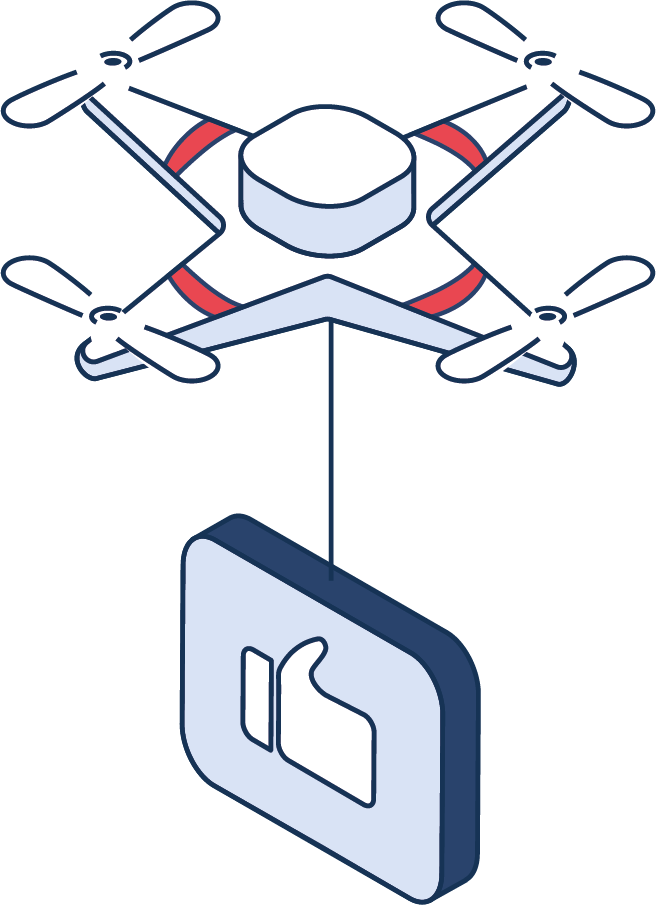
1.
Ability to bring best practices across industries
2.
Independence from software vendors
3.
Use of standardized methodologies, sharing of approaches
4.
Flexible and proactive approach to the Client and its needs
5.
A Team of specialist consultants
S3K
Our expert services are divided into:
Support and Maintenance
- As a service’ support
- Performance analysis and tuning of the PLM systems and databases involved
- Corrective and evolutionary maintenance of the application
- PLM software “upgrade” release
- Multisite replications
Area of Implementation
- PLM software installation, configuration and administration
- Implementation and customization of PLM application
- Replacement of “custom” applications with vertical PLM solutions
- Installation, configuration, and administration of PLM-CAD integrations
- Interfacing and integration between PLM and other “enterprise” applications (CRM, ERP, MES, Document Management System, Knowledge Management System, SRM, etc.).
- Data migration from legacy applications
Consulting
- Business Process Assessment
- Identifying business objectives for PLM projects
- Defining Key Performance Indicators (KPIs) for PLM applications
- Return on Investment (ROI) studies for PLM projects
- Functional coverage check-up for PLM applications
- Adoption of industry best practices
- Project Management, Project Governance and Technical Guidance for PLM projects
- Benchmarks and selection of PLM systems
- System Integration
Training
- Brief practical instructions in “presentation” mode ( <5’ ) – Pills
- Simple and rapid courses in “video tutorial” mode ( <10’ ) – Bullets
- Actual courses in “web” mode for remote learning (<2h) – Web
- Traditional classroom courses with trainer ( >2h ) – Class
Il PLM
May thus be considered as the backbone for product-related information
Such must be able to integrate with business systems such as
- CRM, to collect the main product requirements from the market
- SRM, to foster the exchange of technical and product information with suppliers
- CAD/E/M, FEM/A and Dynamic Simulation, for design and for static and dynamic product simulation
- ERP, to facilitate the industrialization and production process
- ALM, to optimize profits for the management of product-related services
General optimization steps for the product management process:
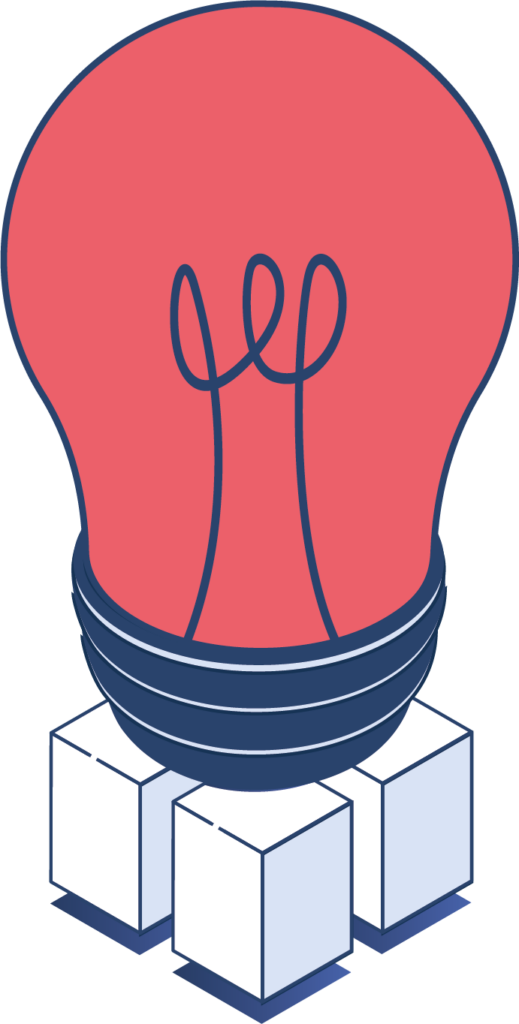
1. Product conception
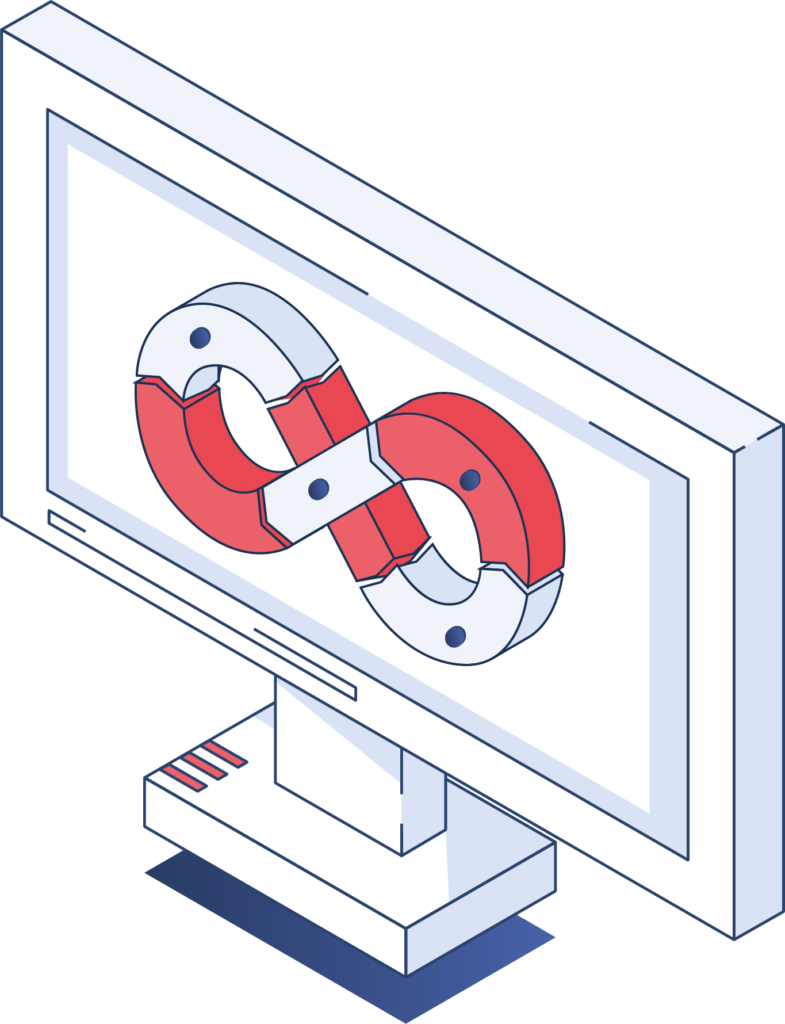
2. Product and process development
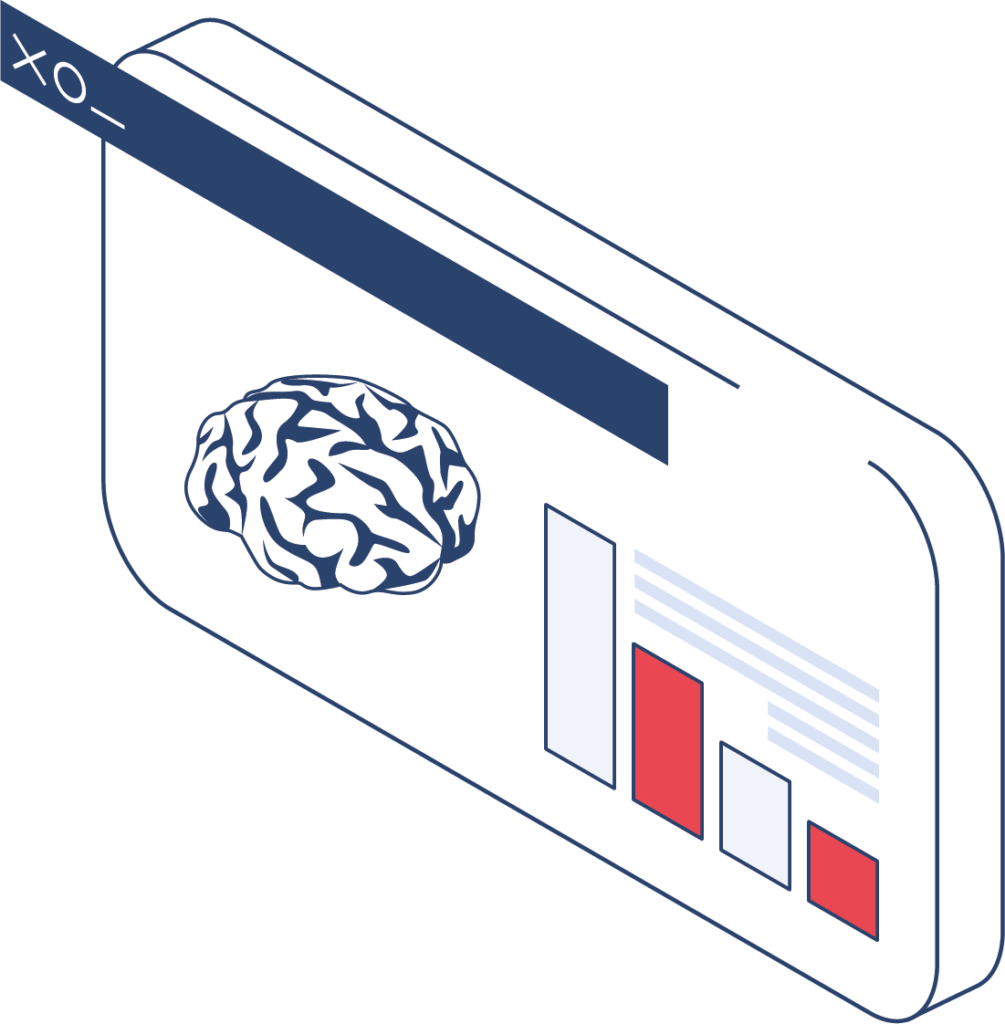
3. Technical and digital development
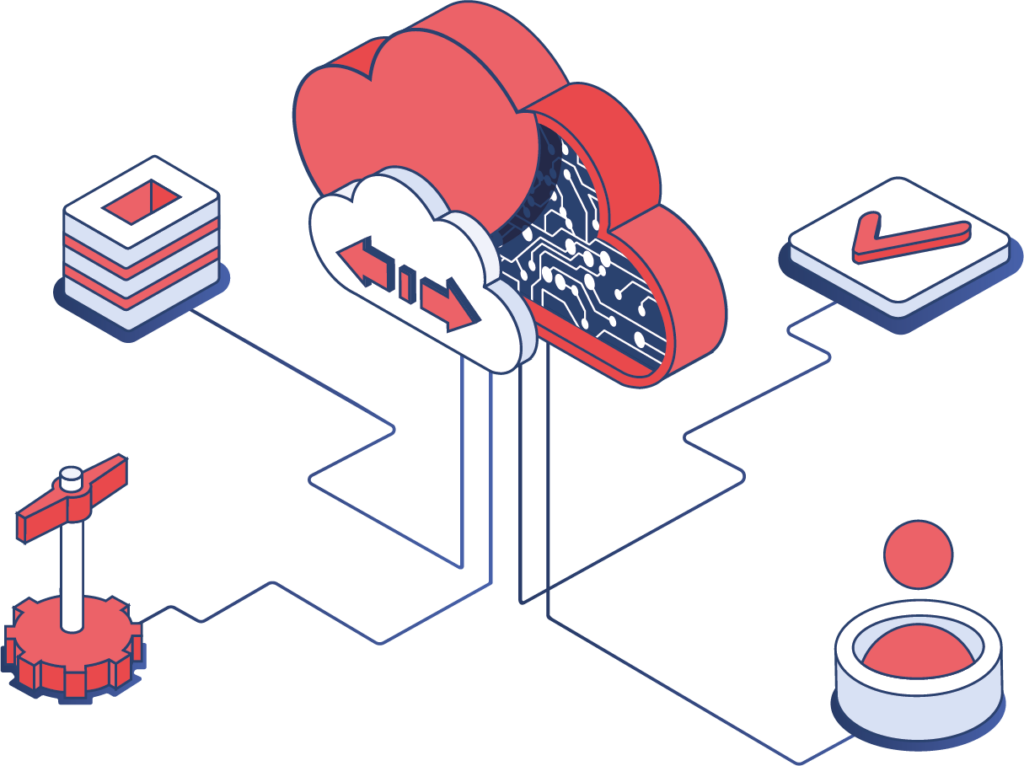
4. Supply chain Management
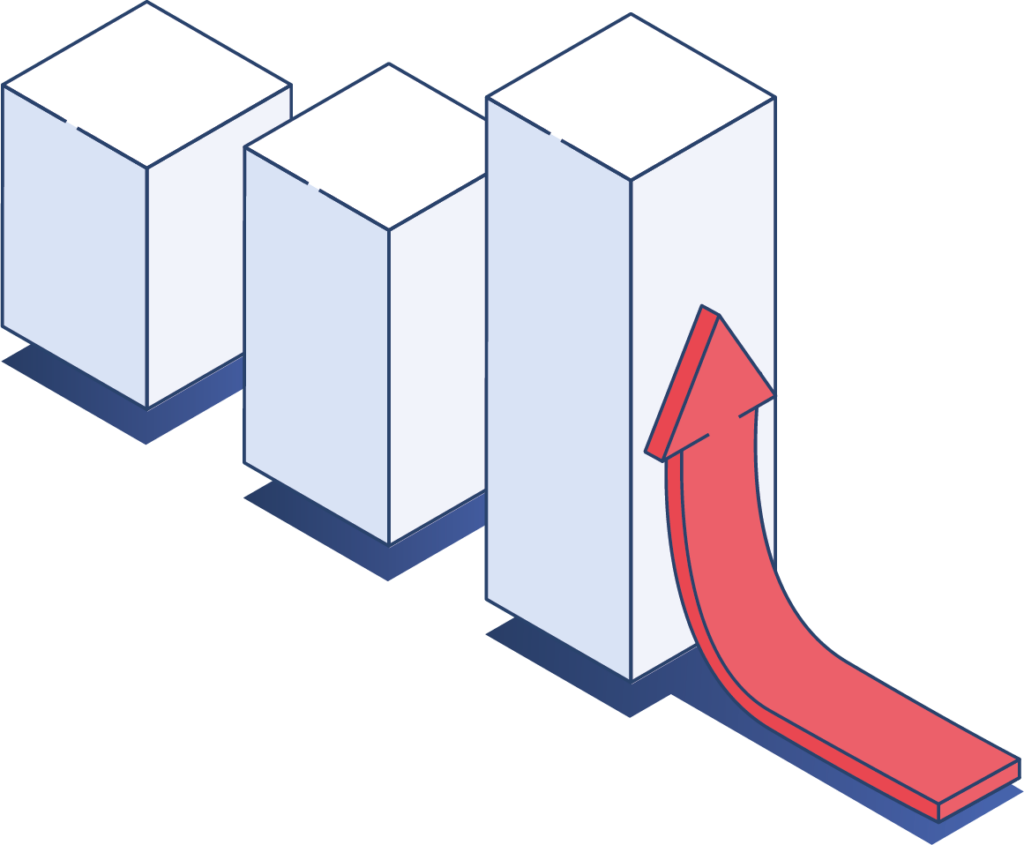
5. Product Sustainability Management
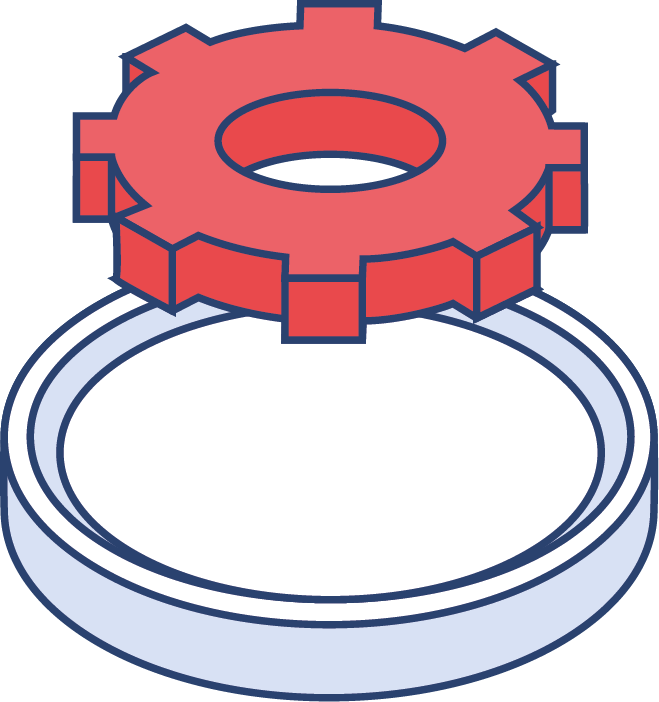
6. After-sales product maintenance
